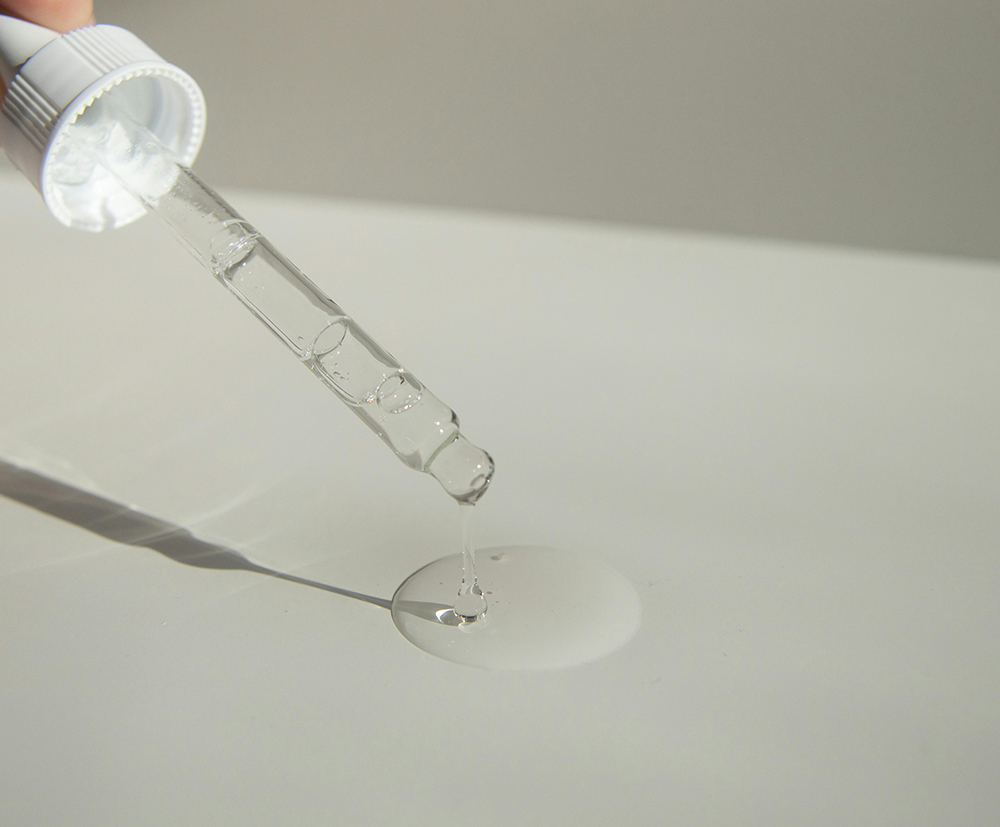The best skincare ingredients for rosacea
Rosacea is a long-term skin condition that causes redness, usually on the cheeks, nose, chin, and forehead. Your skin may feel warm, hot, or even tender to the touch, and you might notice small red pimples or visible blood vessels.
Flare-ups can be frustrating: sometimes they appear for just a few minutes, other times they linger for hours — or even leave behind persistent redness. If you’ve got rosacea, you’ve probably experienced the sting of certain skincare products during a flare-up.
Common triggers include alcohol, spicy foods, hot drinks, sunlight, temperature changes, exercise, and stress, according to the NHS. Personally, I notice my rosacea flares whenever I get warm, whether it’s from central heating, hot weather, or getting flustered. It’s uncomfortable, making my skin red, hot, and irritated.
The good news? While rosacea isn’t curable, the right skincare ingredients can calm redness, ease flare-ups, and strengthen your skin. Below, I’ve rounded up the best ingredients that help manage rosacea and keep your skin looking and feeling calmer.
The best skincare ingredients for rosacea
Azelaic acid
Azelaic acid is excellent for rosacea as it helps reduce redness, soothe skin, and even skin tone and texture. The American Academy of Dermatology recommends azelaic acid gel or foam as a proven treatment for rosacea, as it helps reduce both inflammation and long-standing redness.
It can also fade skin discolouration and acne marks, and reduce the appearance of blemishes. Overall, azelaic acid supports healthy-looking, smooth, and calm skin. It’s one of the key ingredients in my personalised Dermatica rosacea treatment, which I continue to use now and has massively improved my rosacea, both in terms of appearance and the frequency of my flare-ups.
Niacinamide
Niacinamide is a powerhouse ingredient that offers the skin a tonne of benefits, as it reduces the appearance of enlarged pores, regulates excess sebum, brightens the complexion, and improves uneven skin tone.
For rosacea, niacinamide reduces redness and calms the skin. A study published in the Journal of Drugs in Dermatology found that a niacinamide-containing moisturiser improved barrier function and clinical signs of rosacea after just 4 weeks of use. Niacinamide is a fantastic ingredient to introduce into your skincare routine, whether or not you have rosacea, as it helps ease skin irritation.
Centella asiatica
Centella asiatica is one of the best soothing ingredients on the market. If you experience a rosacea flare-up and your skin feels warm, inflamed, or appears red, this powerful ingredient can help alleviate these issues.
In addition to its calming properties, centella asiatica hydrates skin and can help repair a damaged skin barrier, making it a great ingredient for sensitive and rosacea-prone skin.
Mineral sunscreen filters
Titanium dioxide and zinc oxide, the 2 mineral sunscreen filters available on the market, are great for rosacea, as they’re typically less irritating than chemical sunscreen filters.
It’s incredibly important to keep your skin protected from UV rays at any time of year and for all skin types. According to the National Rosacea Society, daily sunscreen use is one of the most effective ways to prevent flare-ups and protect skin. Avoiding sun damage is especially important after a flare-up, as sunburn can worsen irritation and long-term redness.
Ceramides
If you want a strong skin barrier, youthful skin, and lasting hydration, ceramides are fantastic. By boosting the skin’s barrier, ceramides help lock in moisture, enhance elasticity, and provide protection from irritation, which is particularly beneficial for rosacea-prone skin. Any ingredient that calms irritation and keeps the skin supple and healthy is always a great option for rosacea.
The 3 most common types of ceramides are ceramide EOS, ceramide NP, and ceramide AP, so look out for these on a product’s INCI list.
Aloe vera
You’ve most likely heard of aloe vera, and it’s a great soothing and refreshing ingredient for rosacea. According to a review in the Journal of Dermis, aloe vera has anti-inflammatory and soothing effects in rosacea and other inflammatory skin conditions.
It delivers a cooling and refreshing sensation when applied topically, which provides welcome relief if you have a flare-up.
Vitamin C
Vitamin C is a good ingredient for rosacea as it has anti-inflammatory properties, which could help reduce some rosacea triggers, according to Paula’s Choice. Of course, some of the more well-known benefits of vitamin C – like a brighter complexion, fading hyperpigmentation, and smoother skin texture – also make it an outstanding ingredient to add to your skincare routine, outside of whether you’ve got rosacea.
Some people can be sensitive to vitamin C, so it’s worth going for formulas with a lower concentration of vitamin C initially (10% or less) to see how well your skin tolerates it.

